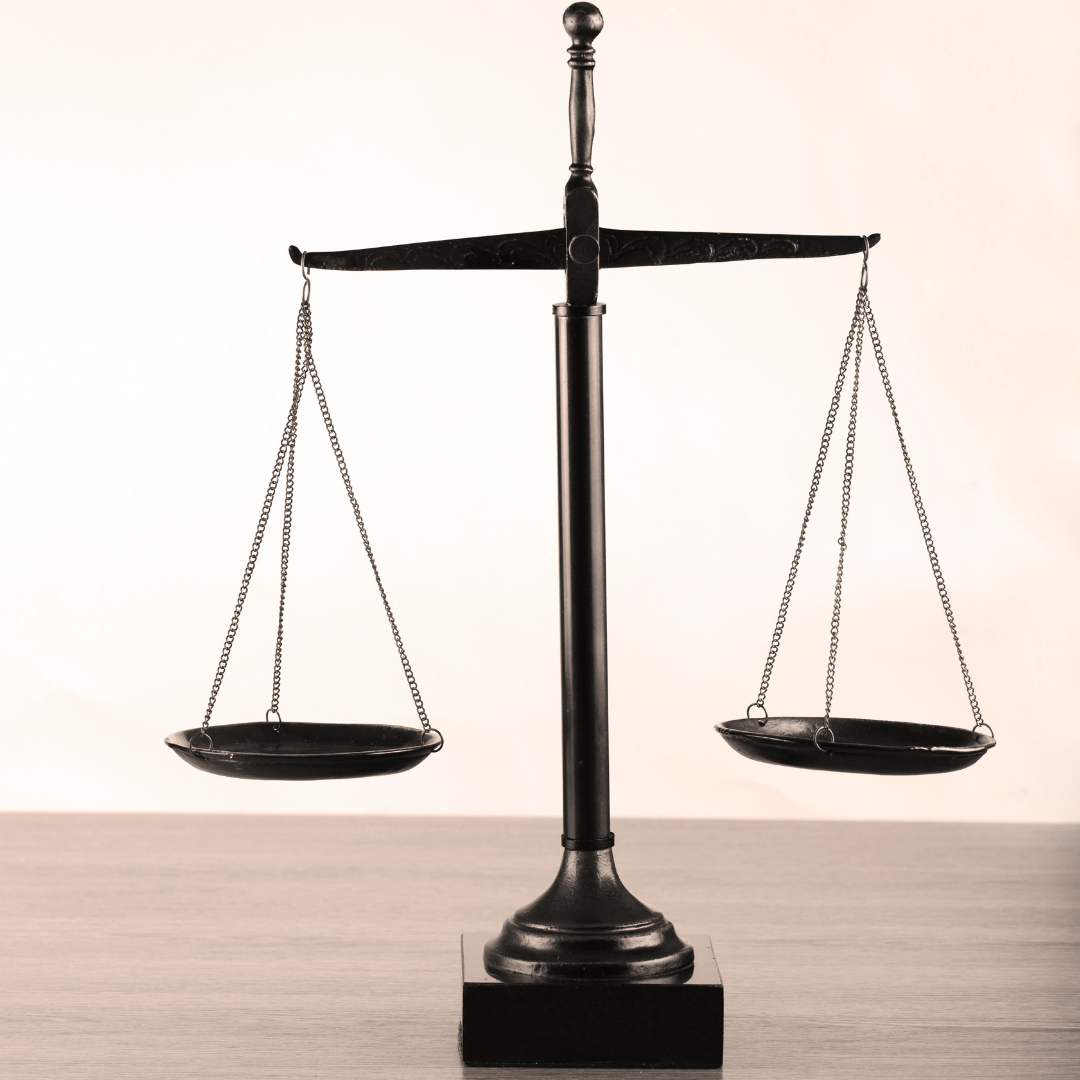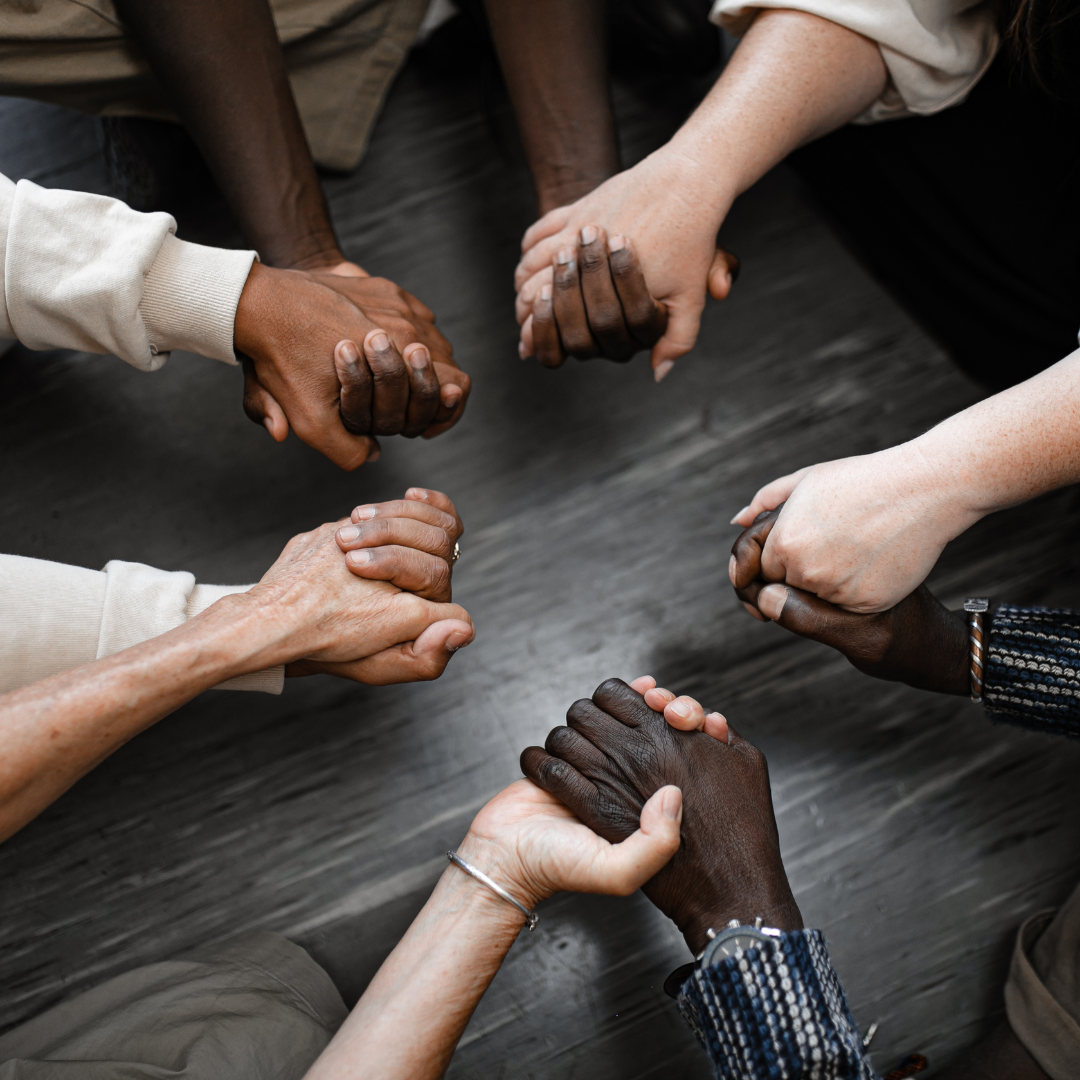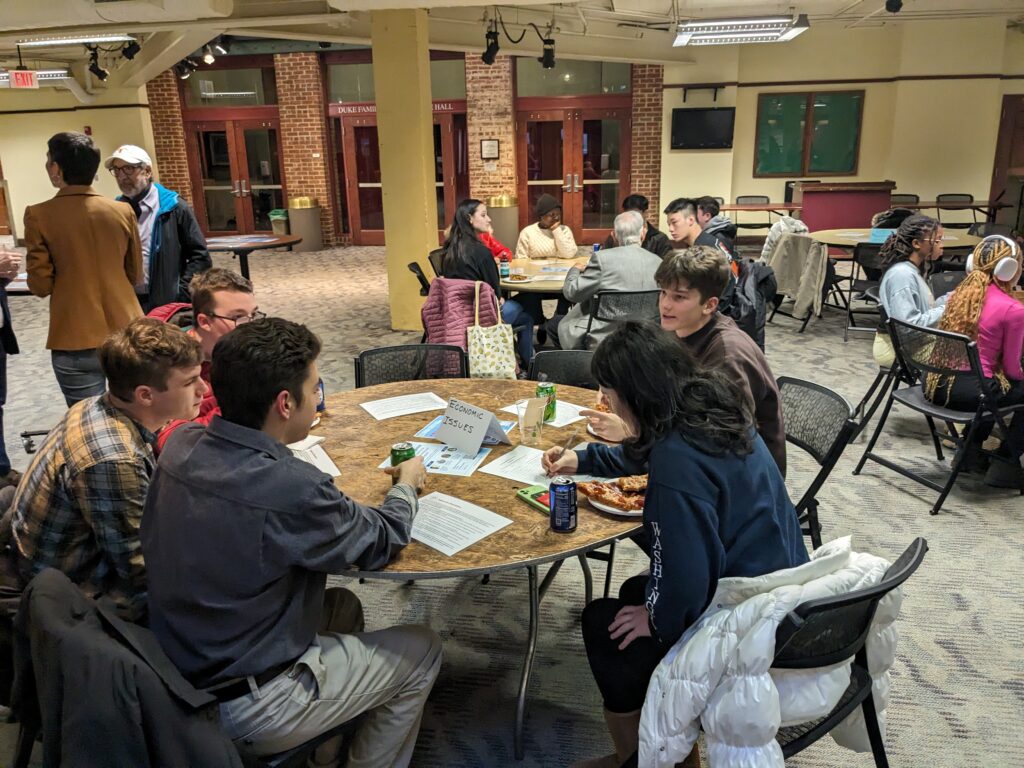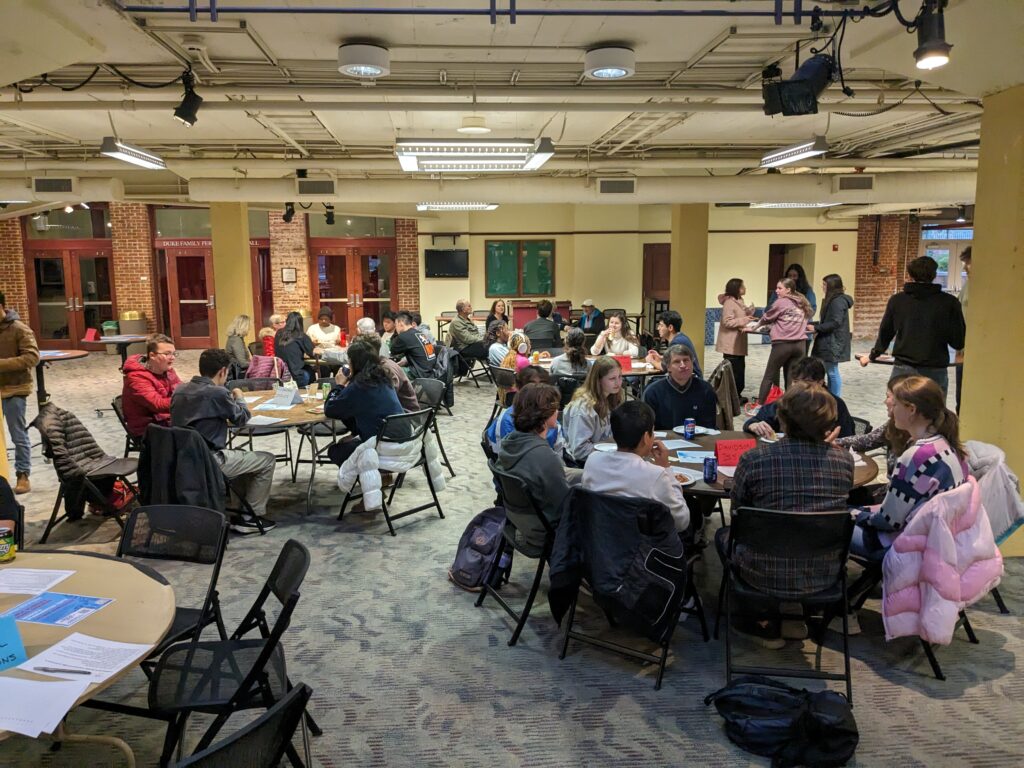
Stephen Walker ’26 (DCI Fellow)
When we go to restaurants, some of us like steaks, some prefer salads, and some opt for the pasta. News consumption, for most of us, is the same way. We may know people who stick to their BBC, but we may also have friends who prefer the more politically aligned publications such as Jacobin magazine or The American Conservative. But unlike our ways of developing taste and preference for certain culinary consumption habits–trying different items on the menu, comparing calories, examining ingredients–we often do not, or cannot, hold our news sources to the same level of scrutiny.
Social media algorithms, influential people in our lives, and personal biases may lead us to consume one news source or one-sided sources excessively, leading us to neglect the alternative options and miss out on the variety of flavors of coverage on the same events and topics that are out there. We feel confident in our food preferences because we try different options and determine what best suits our personal tastes. With news, we often stick with what we know or what supports our opinions and appears in our search and social media feeds: we have no clue what other options are available to us. Our frequently misguided, or surface-level evaluations of our news sources, pose threats to our abilities to identify media biases and to gain accurate views of perspectives news sources can distort to serve an ulterior agenda.
In our most recent DCI fellows’ cohort meeting, with help from Jayme Sponsel and Davidson’s E.H. Little Library resource website, we evaluated and discussed methods of combating this dilemma, empowering us to diversify our media tastes in order to improve resource awareness and understandings of the varieties of resources and their respective values. As a part of our discussion, we had the opportunity to evaluate our own news feeds and learn about valuable resources designed to inform us on their biases, offering a variety of perspectives to utilize in bolstering our news consumption.
Two resources that allowed me to both identify the biases in sources I did not anticipate and offered a variety of perspective sources I had not been exposed to before were the Interactive Media Bias Chart and AllSides.com. The chart and AllSides offer a trove of sources along with reliable information on their accuracy and political biases. Immediately, the resources offered analyses of news outlets which made me more aware of even slight bias which may influence reporting. These new resources have allowed me to look for a certain left or right tilt in the sources I consume, and also to understand how much of my newsfeed comes from one side’s perspective versus the others.
That’s not the only takeaway from these sources. With this new awareness I can add the variety my information feed, for whatever reason, was lacking. Without the awareness of other options, I would have never made the alterations to my feed this resource has allowed me to begin making. I now subscribe to more newsletters and follow more social media accounts from resources I disagree with. I may be upset by the content they produce, even incensed by the more opposing stories from the side I don’t align with. But that’s a good thing.
Before, only consuming news more aligned with my views because of the ways social media and influences in my life have led me to gravitate towards these sources, I had an extremely simplistic view of other sides and their views. The new variety populating my feed has offered me a far deeper understanding of different perspectives, being that they come from people who actually hold those views rather than those who either seek to discredit or hold implicit biases against them.
Balancing your feed with both an accurate and balanced array of perspective media allows you to be informed in ways only viewing your “side’s” content could never achieve. Much like knowing what you prefer and why at a restaurant, because of your experience and knowledge of other items on the menu, you cannot have fully formed opinions or clear connection to a perspective until you have sought out other perspectives, especially conflicting ones.
Until you have taken the time to listen to and understand the other side, whether through conversation with people or news consumption, you never really know where you stand on an issue. You only think you know because people and sources you generally agree with tell you that a certain stance is the “correct” one. Only after you can compare different arguments can you truly reason through an issue and choose a side, much like you only know what to order at a restaurant after you peruse the menu and compare items. Weighing arguments and an array of information allows us to fully deliberate internally on an issue and understand which stance most closely supports our core values.
Who knows? Balancing your feed may even lead to forming new perspectives and opinions you would never expect to hold. The best foodies like to scan every page of the menu when they eat out, and because of this they are always sure of what they want. And now I can say I share their confidence in my political perspectives due to my new news awareness and motivation to balance my newsfeed because I have accessed arguments from a variety of sources, been exposed to different opinions, and subsequently undergone the deliberative consideration necessary to determine which stances to take based on what sides align with my values.
We don’t have to switch sides or only consume news from one type of source. But taking the steps to understand perspectives from across the spectrum allows us to form insights at a deeper level than otherwise possible. At the very least, a balanced news feed allows one to gain confidence in their own views, thanks to taking the steps to sample the alternatives. You can’t be sure you disagree with someone or a political stance until you truly know what they believe.



